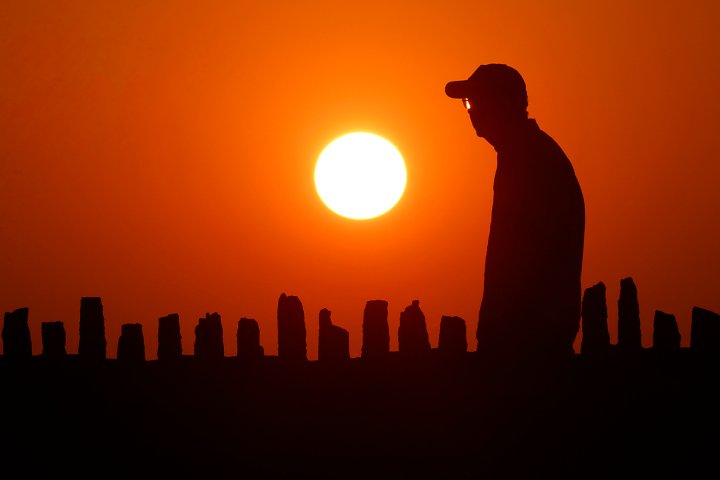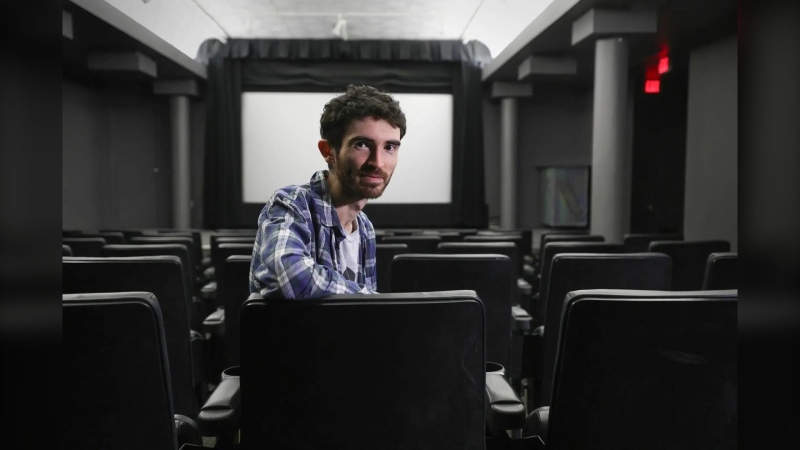British Columbia is facing a severe risk of wildfires as the province continues to experience a lack of rain. This concerning situation has prompted officials to issue a warning to residents and take necessary precautions to prevent potential disasters.
According to the BC Wildfire Service, the province has seen a significant decrease in precipitation over the past few months, resulting in dry conditions and an increased risk of wildfires. As of now, the entire province is under a high to extreme fire danger rating, with some areas even reaching the highest level of danger.
This lack of rain has also led to an increase in the number of wildfires in the province. So far this year, there have been over 1,000 wildfires, which is significantly higher than the 10-year average of 642 fires. This has already resulted in over 200,000 hectares of land being burned, and the wildfire season is far from over.
The BC Wildfire Service is urging residents to be vigilant and take necessary precautions to prevent wildfires. This includes following all fire bans and restrictions, properly disposing of cigarettes, and being cautious when using outdoor equipment that could potentially spark a fire.
In addition, officials are reminding residents to have an emergency plan in place in case of a wildfire. This includes having a designated meeting spot, an evacuation plan, and an emergency kit ready to go.
The lack of rain is not only affecting the risk of wildfires, but it is also impacting the province’s water supply. Many areas are experiencing low water levels, and some communities have even implemented water restrictions.
The BC government has also taken action to address the situation. They have allocated an additional $136 million to the BC Wildfire Service budget, which will go towards hiring more firefighters and purchasing new equipment.
In conclusion, the lack of rain in British Columbia is a serious concern, and residents must take necessary precautions to prevent wildfires. It is crucial to follow all fire bans and restrictions and have an emergency plan in place. The government is also taking steps to address the situation, but it is up to all of us to do our part in preventing potential disasters.




